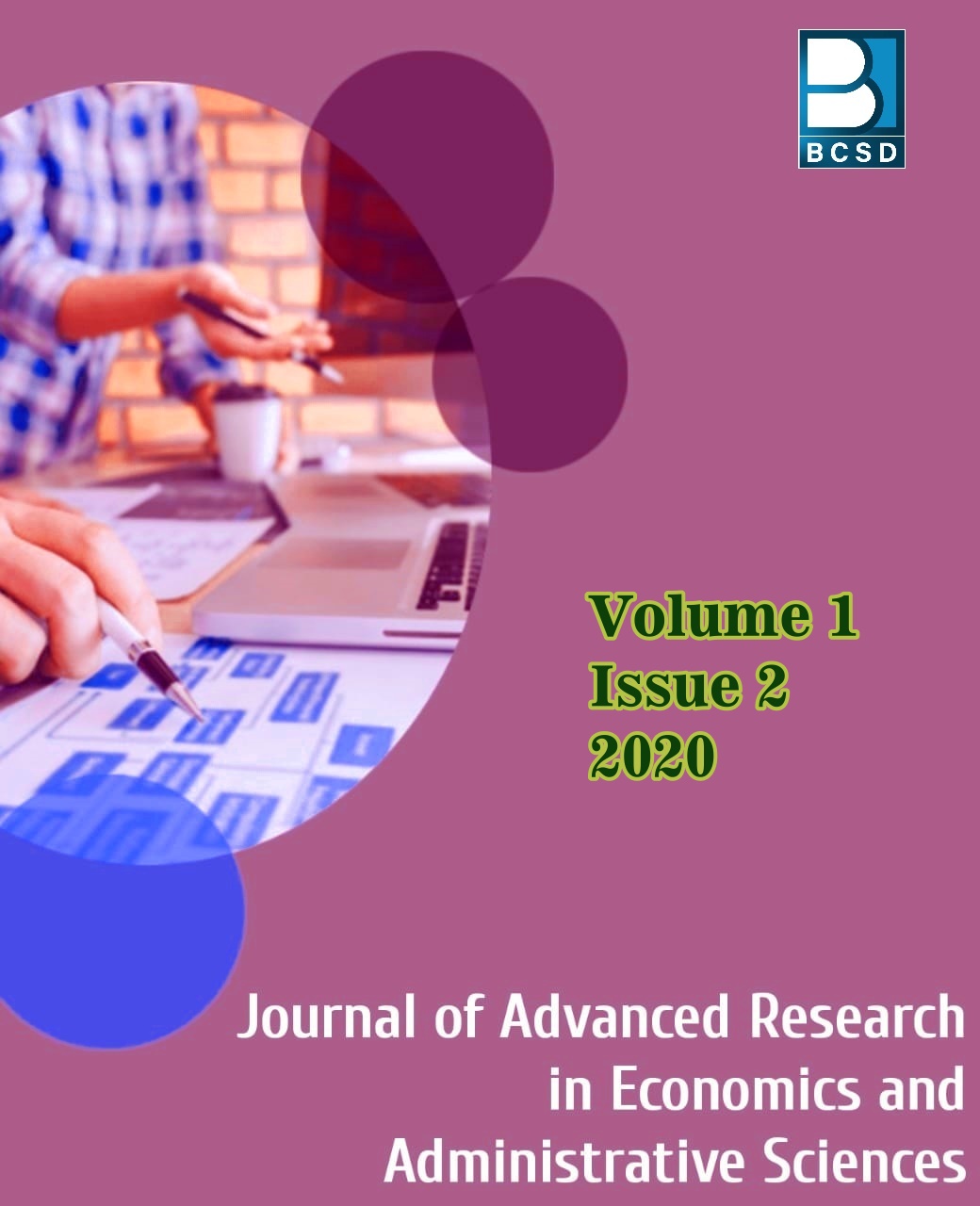
Journal of Advanced Research in Economics and Administrative Sciences
Yazarlar: Bhola Khan
Konular:-
DOI:10.47631/jareas.v1i2.32
Anahtar Kelimeler:National Fadama,I,Economic Impact,Poverty Reduction,Communities Development Strategies.
Özet: Purpose: The study was conducted to examine the economic impact of the National Fadama-II Development Project (NFDP-II) on poverty reduction and food security among farmers in Geidam local government of Yobe State, Nigeria. Approach/Methodology/Design: Four communities were identified and selected through random sampling. These four are the farmers of the cultivated crops like rice, millet, maize, vegetables and okra. And interview and a closed-ended questionnaire were administered to a total of one hundred respondents. For the analysis of this study, a descriptive statistic like frequency and simple percentage were used. Findings: After careful evaluation of collected data, it is found out that the majority of the farmers (78.9%) were male and their mean age was 44 years. Out of 95 respondents, 75 (78.9%) were associated with the Fadama and the remaining 20 (21%) have no association with the project. The results of the study revealed that the project has a positive impact on poverty reduction. The result of the study further revealed that all the Fadama-II farmers share similar opinion on the ten identified constraints. These constraints were grouped under three main categories: technical problems, institutional problems, and economic problems. Practical Implications: This study provides strong suggestion to create more awareness about the programme among the people so that they may come forward to participate actively in it. It enhances their income level and they may be able to utilize it for the betterment of their lives. Originality/value: After the careful analysis of the collected data, it can be concluded that the success of Fadama project is dependent upon the provision of the credit facilities for land preparation to farmers, the supply of subsidized farm inputs and farmers’ training by the Fadama facilitators.